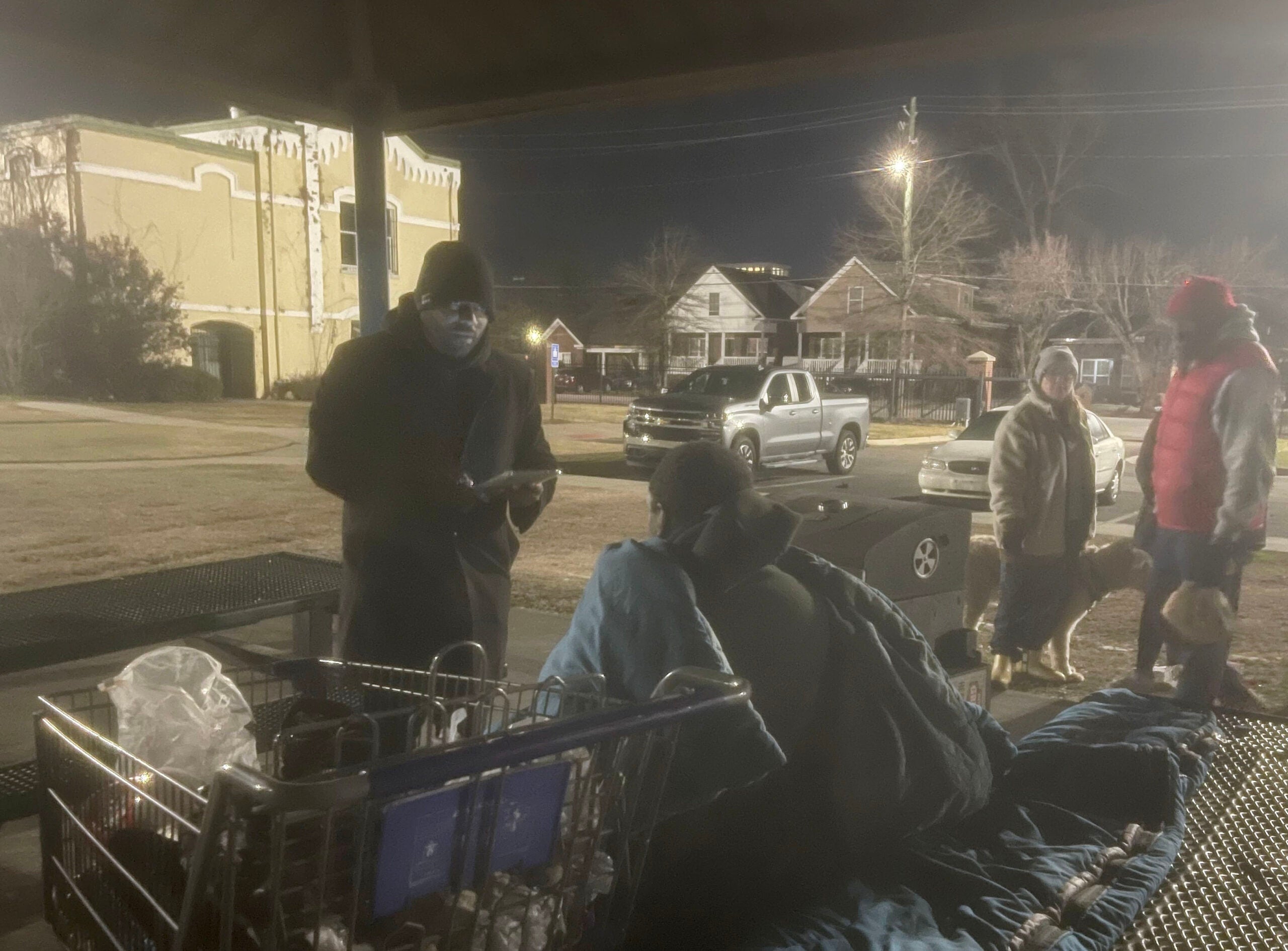Augusta’s resources to combat homelessness are drying up fast after the city failed to submit annual point-in-time data to HUD.
Each January, volunteers go out on some of the coldest nights of the year to collect the data, a snapshot of the city’s unsheltered population. Often working through the night, they distribute supplies while using an app to collect the information.
Not surprisingly, Augusta’s numbers are up this year, nearly doubling to 1,098 people. Children under 18 comprised 395 of the total.
The trouble is, the vital count won’t count after city officials failed to get the numbers into HUD’s system on time despite weeks of reminders.
The “large” mistake has been devastating for the Augusta volunteers who work with the city’s unsheltered and rely on the count for critical grant funding.
“Finding out that the numbers were not submitted was incredibly painful,” said Nomi Stanton, executive director for GAP Ministries, which provides services to the homeless. “My hope is that it will allow us to create positive change so we can come together to truly help our unhoused and vulnerable community members.”
Emails obtained through an open records request connect the mishap to the Augusta Housing and Community Development department. The department is already under scrutiny for allegedly “borrowing” federal grant funds for unauthorized purposes.
As news of a possible FBI investigation surfaced, Director Hawthorne Welcher resigned in May after being on leave for six weeks.
Everything looked OK with the point-in-time data in January, according to emails obtained by The Augusta Press. All the appropriate staff contacts were identified. The mayor’s office reported in an email numbers it had collected at various locations as part of the count.
Shortly after the data was collected, however, the email trail went cold for about four months, according to the city’s response to an open records request. On June 4, a HUD official sent an email to someone whose name was deleted: The PIT data, as well as a Housing Inventory Count were due in one week.
“Our records as of last night indicate that your (Continuum of Care) has not yet started the submission process,” it said.
The Continuum of Care is a mandatory independent entity of which the city, charities such as the United Way and local nonprofits are a part. The CoC is responsible for applying for and receiving grant funds intended to fight homelessness.
On June 16, a HUD official sent emails to four current or former Housing and Community Development employees asking about the data but “received bounced back emails from each.”
The emails implored city staffers to submit the data. “These reports are an important data source for the national homelessness estimates and play a critical role in our national effort to understand and end homelessness,” they said.
On July 2, HUD was referred to another HCD staffer because “those who were previously responsible for this have left,” an email said.
“If you could, please let me know if you are indeed the person who would be responsible for submitting the 2025 HIC and PIT count,” said another.
Finally on Aug. 27, HUD consultant Karen Brown informed the Augusta workers the deadline had passed and to put no more effort into submitting the data. “The CoC is out of compliance,” she said.
By this point, the CoC was actively pursuing the United Way, rather than the city as its collaborative applicant, a move expected to be announced soon.
The PIT count is federally mandated for all communities receiving HUD funds to fight homelessness. The missing data gives Augusta a “high likelihood of loss” of grant awards during the upcoming notice of funding opportunity, Brown said.
Augusta has already been lagging in grant awards to fight homelessness. This year, it received about $460,000 for a planning grant, supporting housing and intake and referral services.
Using the same data, CoCs in other Georgia cities received millions more to fight homelessness, according to reports from the Georgia Department of Community Affairs. Athens received $1 million, Columbus received $2 million and Savannah took in $4.6 million.











